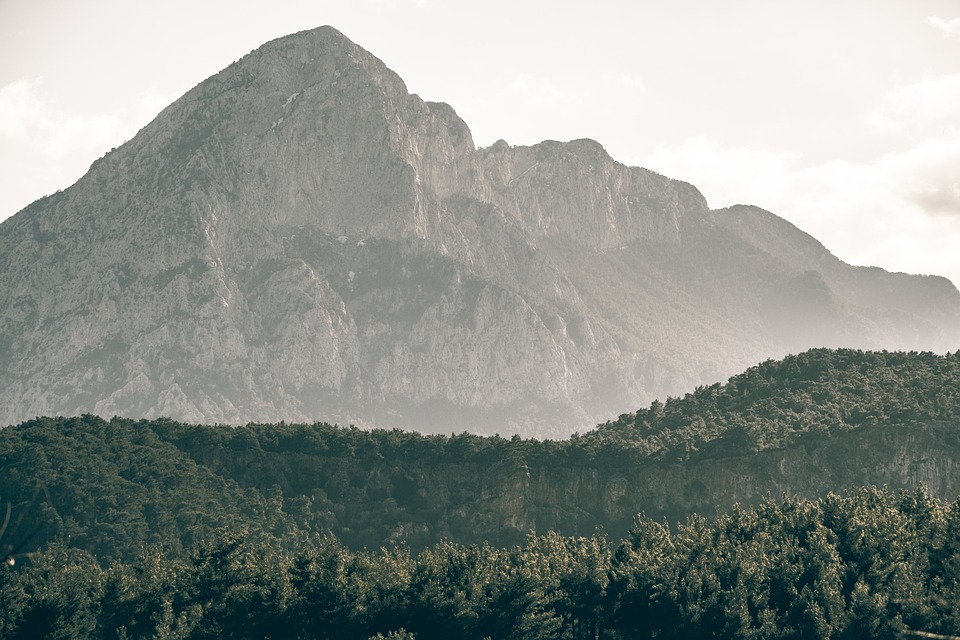Table of Contents
Introduction
Camping can be a fantastic way to connect with nature, relax, and spend quality time with loved ones. However, it’s essential to prioritize safety and be adequately prepared to ensure a smooth and enjoyable camping experience. In this article, we will provide you with expert camping tips that will help you stay safe and prepared during your outdoor adventures.
1. Choose a Suitable Campsite
When scouting for a campsite, consider its proximity to facilities like clean water sources, restrooms, and emergency services. Look out for potential hazards such as steep slopes, unstable trees, or areas prone to flash floods. It’s also important to check the weather forecast beforehand to avoid unexpected storms or unsafe conditions.
2. Properly Set Up and Inspect Your Shelter
Whether you’re using a tent, camper, or RV, it’s crucial to set up your shelter correctly and inspect it for any damages or leaks. Ensure that your shelter is sturdy enough to withstand strong winds and that it’s properly anchored to the ground. Inspecting your shelter will help you detect any issues before they become a safety concern.
3. Pack Essential Safety Equipment
Always pack a well-stocked first aid kit that includes bandages, antiseptics, pain relievers, and any personal medication you require. Additional safety equipment like a fire extinguisher, a whistle, and a flashlight with spare batteries should also be part of your camping gear. These items can come in handy during emergencies or unexpected situations.
4. Practice Campfire Safety
If you plan to have a campfire, be aware of local fire regulations and restrictions. Ensure that your campfire is constructed in a safe designated area, away from flammable materials and vegetation. Extinguish your fire completely before leaving the campsite or going to sleep, and always keep a bucket of water or a fire extinguisher nearby.
5. Food Safety and Animal Encounters
Proper food handling and storage are crucial to avoid attracting animals to your campsite. Store your food in airtight containers and away from your sleeping area. Dispose of food scraps and waste properly to prevent wildlife encounters. If you encounter wild animals, keep a safe distance and never approach or feed them.
6. Be Prepared for Weather Changes
Weather conditions in outdoor settings can change rapidly, so it’s important to be prepared. Bring appropriate clothing for varying temperatures and weather patterns. Invest in quality rain gear and always carry extra layers to stay warm during colder nights. Checking the weather forecast before your trip will help you plan accordingly.
7. Share your Itinerary and Emergency Contacts
Before heading out on your camping trip, share your itinerary with a trusted friend or family member. Provide them with information about your planned route, campsites, and estimated return time. In case of an emergency, they will have the necessary details to alert authorities and request assistance.
FAQs
Q: What type of camping stove should I choose?
A: When selecting a camping stove, consider factors such as the number of people you’ll be cooking for, the types of meals you plan to prepare, and the fuel type. Options include propane stoves, liquid fuel stoves, and solid fuel stoves, each with their own advantages and considerations.
Q: How do I protect myself from insects and ticks?
A: To protect yourself from insects and ticks, apply insect repellent containing DEET or another recommended active ingredient. Wear long sleeves, long pants, and closed-toe shoes to minimize exposure. Consider treating clothing with permethrin and make a habit of conducting regular tick checks.
Q: What should I do in case of a medical emergency?
A: In case of a medical emergency, call emergency services immediately. If possible, provide them with clear details of your location. Administer basic first aid while waiting for professional assistance, but avoid taking unnecessary risks or performing procedures outside your expertise.
Q: How can I protect my food from wildlife?
A: Store your food in airtight containers or bear-resistant containers and hang them from a sturdy tree limb, at least 10-15 feet above the ground. Keep your cooking area and camping area separate to avoid attracting animals. It’s also recommended to clean your cooking utensils and surfaces after each use to minimize food odors.




